Britain & Ireland
What was it about industrialisation that led to the emergence of a woman’s movement in Victorian Britain? Why do we see so many people fighting for so many rights and liberties in this period and what are the origins of some of the issues we still campaign on today? This section includes our major series on Social and Political Change in the UK from 1800 to the present day. There are also articles and podcasts on the often violent relationship between England and Ireland during this period and England’s changing relationship with Scotland and Wales. Read more
Sort by:
Date (Newest first) | Title A-Z
Show:
All |
Articles |
Podcasts |
Multipage Articles
-

Child labour in eighteenth century London
ArticleClick to view -
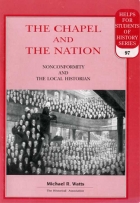
The Chapel and the Nation
ArticleClick to view -

The Versailles Peace Settlement
ArticleClick to view -
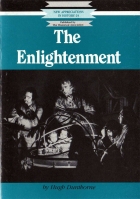
The Enlightenment
ArticleClick to view -
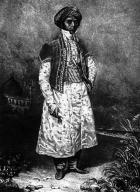
Dean Mahomet: Travel writer, curry entrepreneur and shampooer to the King
ArticleClick to view -
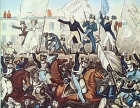
Remember Peterloo!
ArticleClick to view -
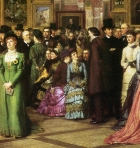
Anorexia Nervosa in the nineteenth century
ArticleClick to view -
Britain's Olympic visionary
ArticleClick to view -

Why the OBE survived the Empire
ArticleClick to view -

The history of bigamy
ArticleClick to view -
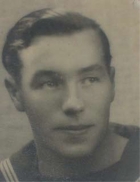
My grandfather's recollections of the invasion of Normandy
ArticleClick to view -
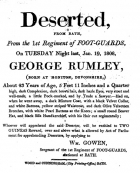
Wellington's Soldiers in the Napoleonic Wars
ArticleClick to view -
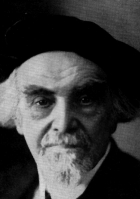
History's big picture in three dimensions
ArticleClick to view -

The death of Lord Londonderry
ArticleClick to view -

The Pennsylvanian Origins of British Abolitionism
ArticleClick to view -

Disraeli, Peel and the Corn Laws: the making of a conservative reputation
ArticleClick to view -

Buffalo Bill and his Wild West show opens London's Earl Court in 1887
ArticleClick to view -
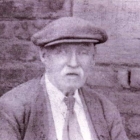
A Victorian deserter's family story: surviving a clash of loyalties
ArticleClick to view -

Roald Dahl and the Lost Campaign
ArticleClick to view -

Landowners and their motives for change at the Suffolk village of Culford between 1793 and 1903
ArticleClick to view

